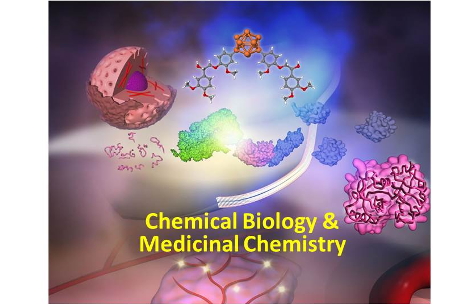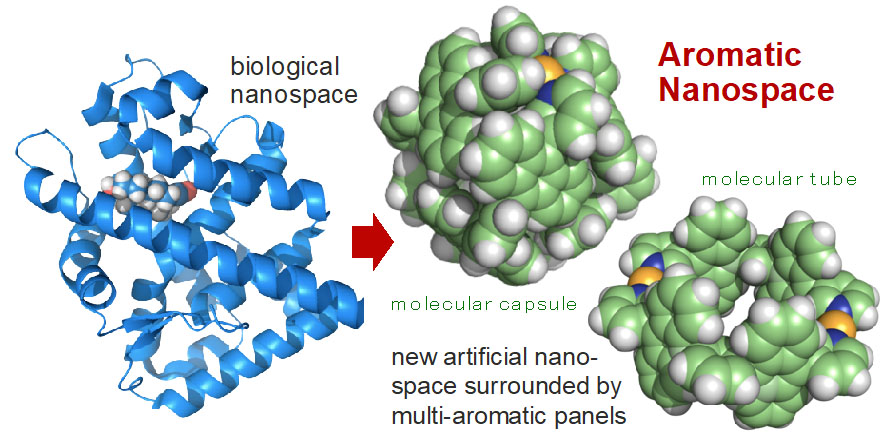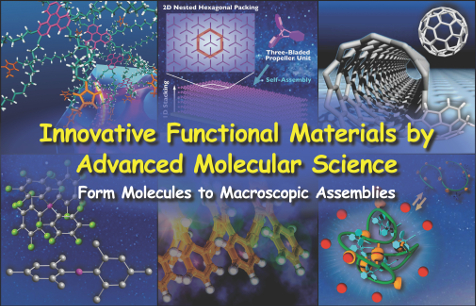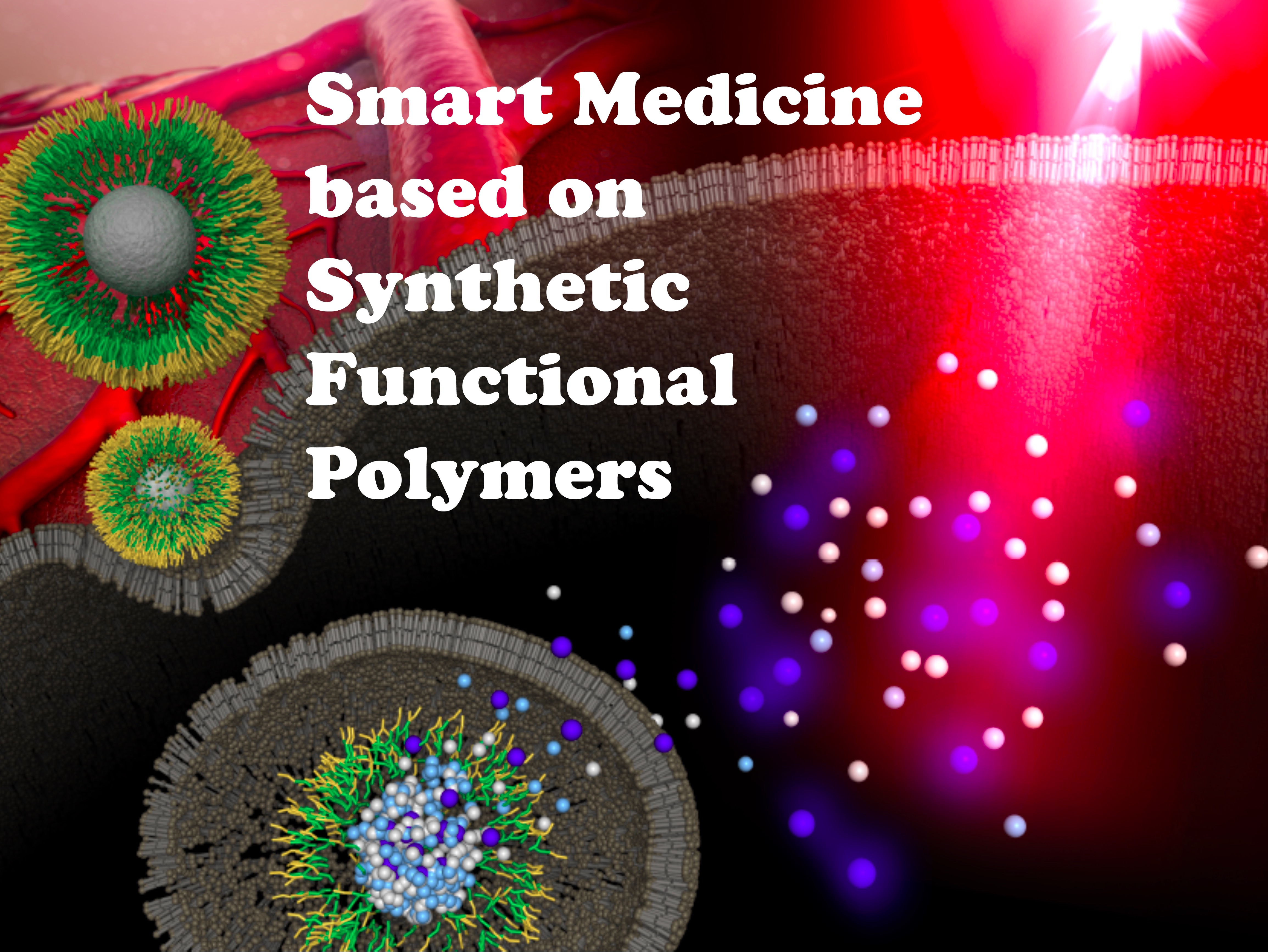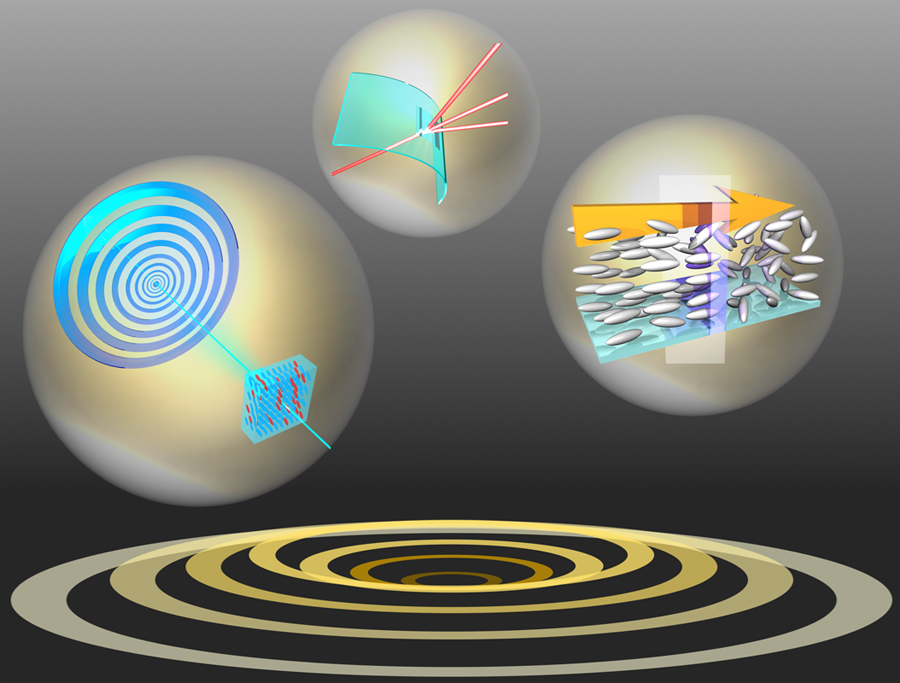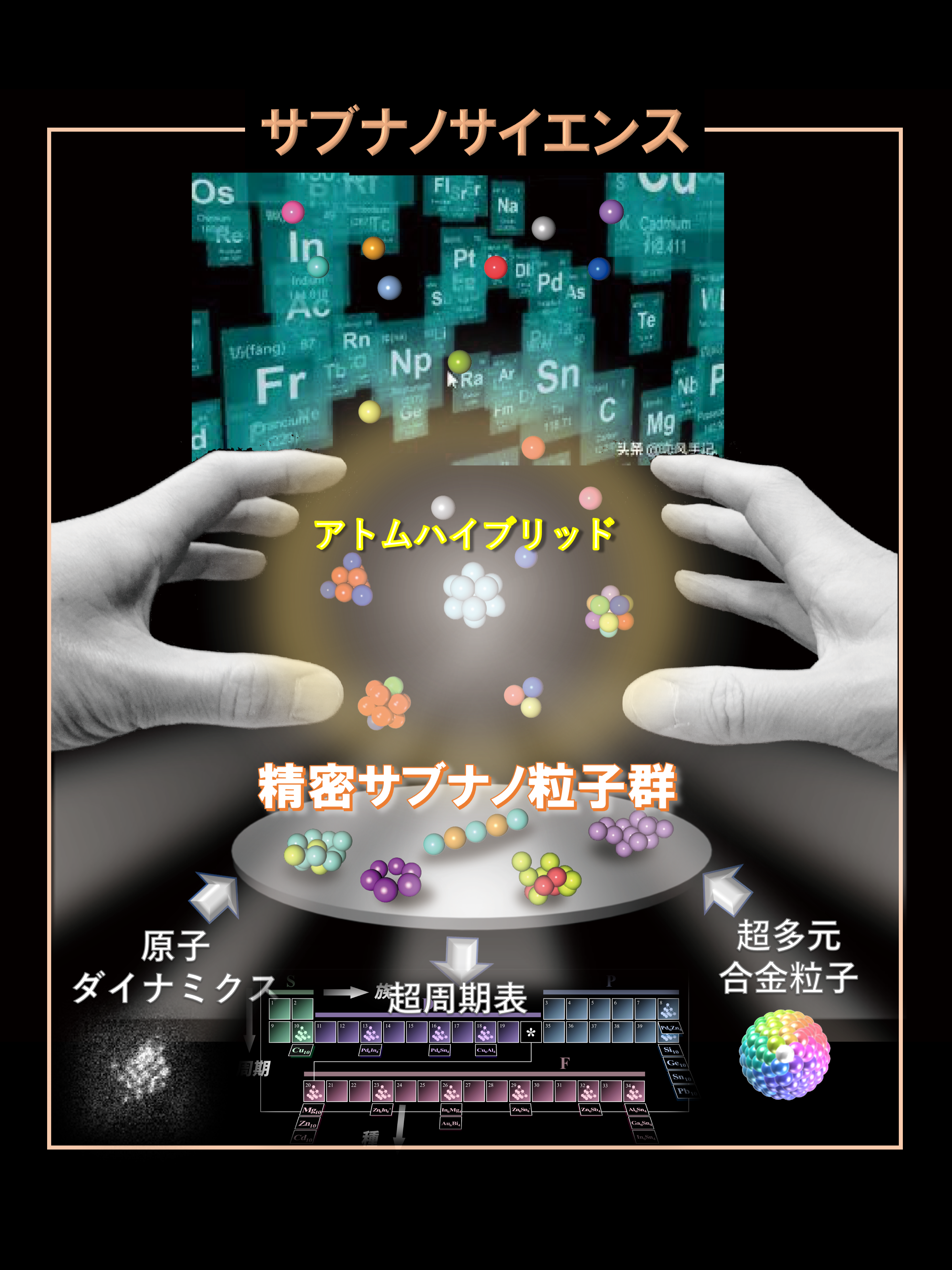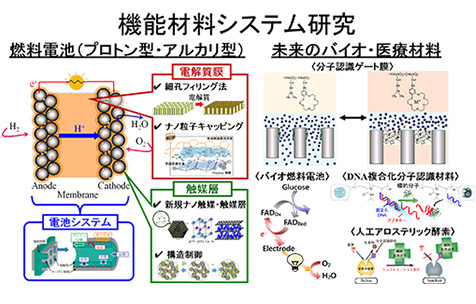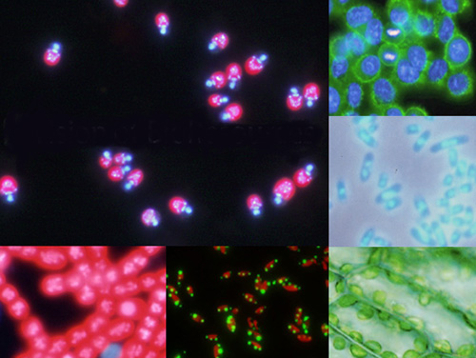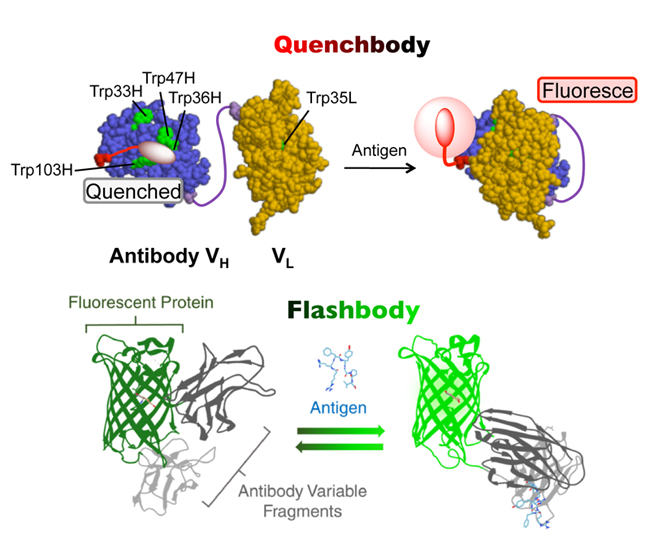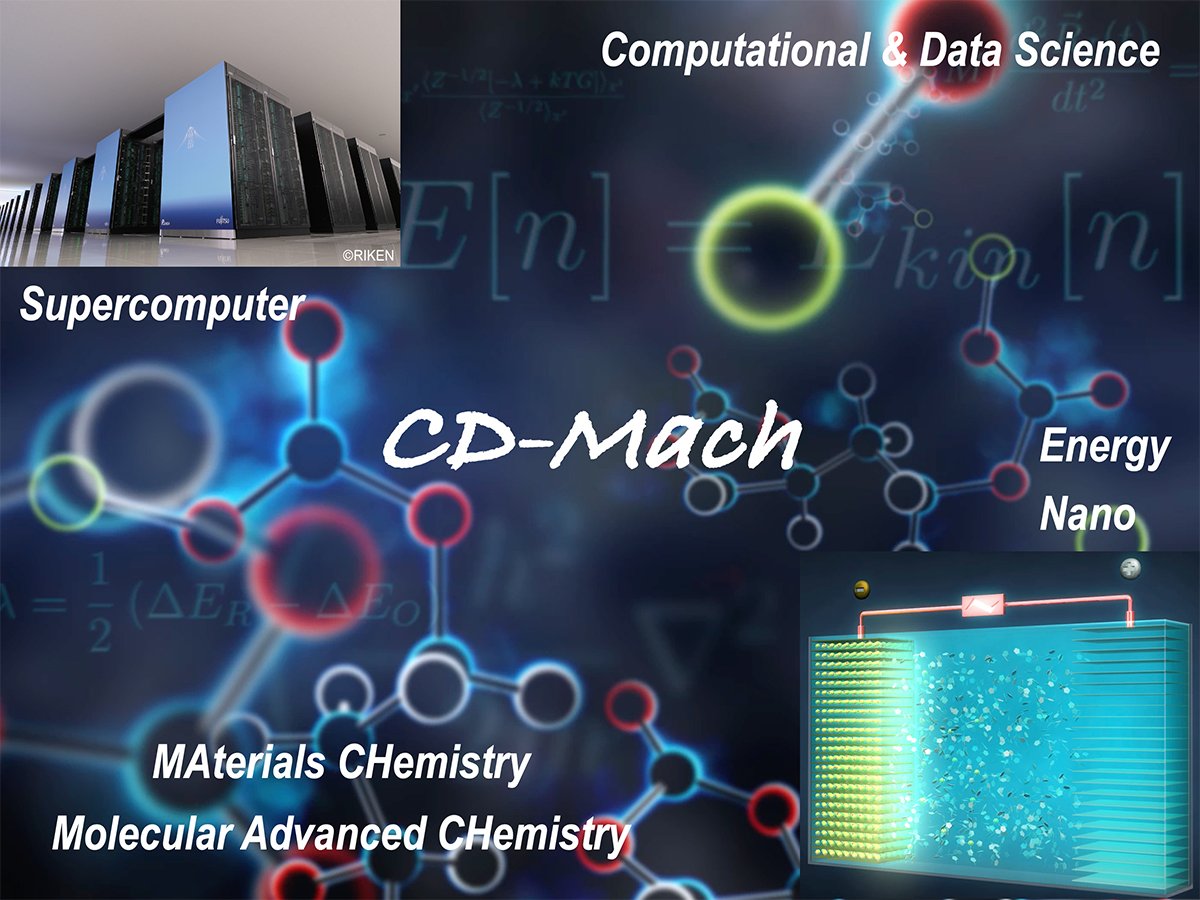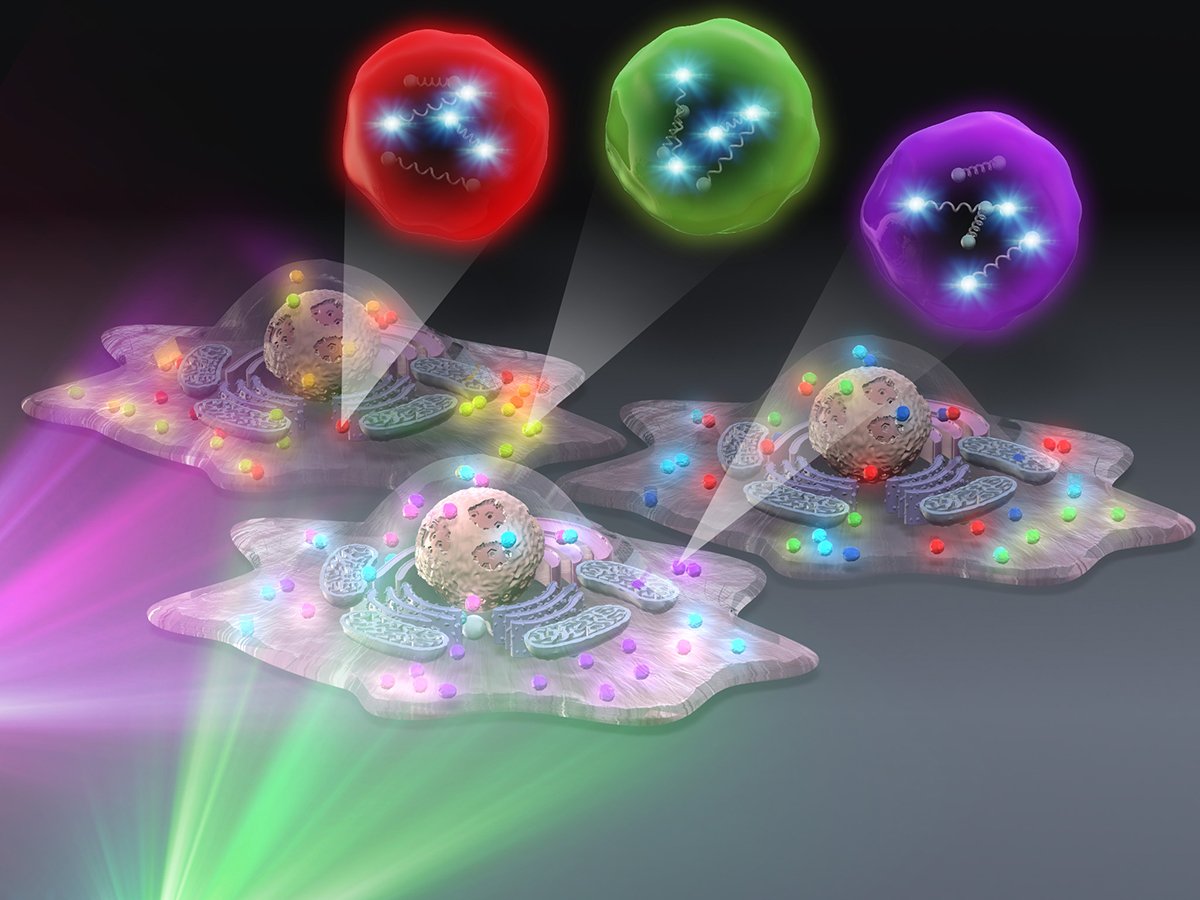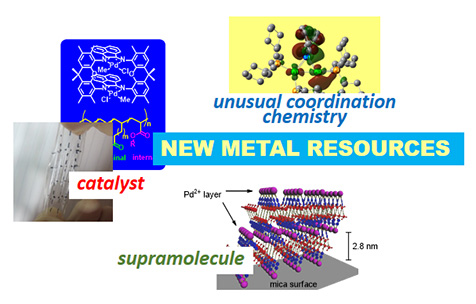-
Molecular synthesis
-
Molecular materials design
-
Molecular functions
-
Molecular bioscience
-
Molecular Advanced Chemistry
-
Network Joint Research Center for Materials and Devices
-
CORE Group
Molecular synthesis
Nakamura-Okada Group
Exploring and Controlling Vital Function Using Designed Synthetic Molecules for Innovative Drug Discovery
Our research interests are focused on discovery of drug candidates for anticancer agents, development of new methodologies for target protein-selective modification in chemical biology, and development of efficient boron delivery system in neutron capture therapy of cancer. Our research is directed to interdisciplinary area based on organic synthetic technology to explore and control vital function for innovative drug discovery.
| Prof. | Hiroyuki NAKAMURA |  |
| Assoc. Prof. | Satoshi OKADA |  |
| Asst. Prof. | Kazuki MIURA |  |
| Asst. Prof. | Ryo KAKIUCHI |  |
Molecular synthesis
Yoshizawa-Sawada Group
Creation of Aromatic Nanospaces as Functional Nano Tools
In nature, protein-based nanospaces demonstrate highly selective recognition and highly efficient reactions in water even under mild conditions. Inspired by such excellent biosystems, the Yoshizawa group has studied "aromatic nanospaces" as new nano tools usable in water. The artificial tools provide unique space functions for the development of novel molecular science.
| Prof. | Michito YOSHIZAWA |  |
| Assoc. Prof. | Tomohisa SAWADA |  |
| Asst. Prof. | Yuya TANAKA |  |
| Asst. Prof. | Lorenzo CATTI |  |
Molecular materials design
Fukushima-Shoji Group
Inovative Functional Materials by Advanced Molecular Science
Our research interest is directed toward the development of novel molecular-based materials by taking full advantage of multi-disciplinary research fields including organic, organometallic, polymer, and supramolecular chemistry. We design new functional molecular building blocks that exhibit electronic, optoelectronic, and even dynamic properties. We also develop methodologies to achieve controlled self-assembly of the functional molecules into well-defined molecular objects with a high structural precision from nano to macroscopic length scales. Through the works, we intend to establish new design concepts for innovative functions.
| Prof. | Takanori FUKUSHIMA |  |
| Assoc. Prof. | Yoshiaki SHOJI |  |
| Asst. Prof. | Tomoya FUKUI |  |
| Asst. Prof. | Ryosuke TAKEHARA |  |
| Specially Appointed Asst. Prof. | Martin Colin John |  |
Molecular materials design
Nishiyama-Miura Group
In our laboratory, we have studied the new concept of drug development based on fine-tuning synthetic polymers. We integrate the targeting functionality, stimuli-responsive functionality and drug conjugating functionality into the platform of synthetic polymers, thereby aiming to realize smart medicine. Our targets include realization of effective but non-toxic cancer treatment, practical use of emerging biomedicine, biofunctional imaging, and minimally invasive surgery in combination with medical instruments.
| Prof. | Nobuhiro NISHIYAMA |  |
| Assoc. Prof. | Yutaka MIURA |  |
| Visiting Assoc. Prof. | Takahiro NOMOTO |  |
| Asst. Prof. | Yuto HONDA |  |
| Asst. Prof. | Kyohei MUGURUMA |  |
Molecular materials design
Shishido-Kubo Group
Emergence of new functions by molecular alignment control
We focus on fundamental understanding of the interaction between light and polymer materials from the viewpoint of innovative photonic applications, and create photofunctional polymer materials with precisely controlled molecular alignment.
| Prof. | Atsushi SHISHIDO |  |
| Assoc. Prof. | Shoichi KUBO |  |
| Asst.Prof. | Kyohei HISANO |  |
| Asst.Prof. | Miho AIZAWA |  |
Molecular functions
Yamamoto-Imaoka Group
Hybrid Chemistry Based on Atomic-level Programming for Advanced Metallo-nanomaterials
Metal-organic hybrid nanomaterials have a limitless potential for synergistic functions like metalloproteins, because the organic frameworks have a significant diversity for design and synthesis and there are almost 110 inorganic elements as a substrates. However, we cannot yet freely assemble and hybridize their elements at the atomic level. The methodology for building fine-controlled nanostructures using the large variety of inorganic elements as raw materials will surely lead to the generation of yet unknown next-generation functional nano-materials. That is, the approach through "Advanced Inorganic Chemistry Based on Atomic-level Programming" is one of the most important general strategy for the next-generation nanotechnology.
Our research aims to explore the methodology for the design and construction of fine-controlled hybrid materials through "Advanced Inorganic Chemistry Based on Atomic-level Programming", in which the chemical bonds and arrangements of metal atoms and ions are reversibly and precisely controlled. Our group is also striving to open up new field to create innovative future nano-materials, which will have an impact on the environmental, biomimetic, and energy sciences.
Molecular functions
Yamaguchi-Kuroki Group
http://zairyosys.cls.iir.titech.ac.jp/en/
The theme is the construction of the design method of chemical process systems from the viewpoint of the environment, energy and resources.
Molecular bioscience
Tanaka-Yoshida Group
Molecular cell biology for both prokaryotes and eukaryotes, which focuses on the regulatory aspects of cellular growth and metabolism.
| Prof. | Kan TANAKA |  |
| Assoc. Prof. | Keisuke YOSHIDA |  |
| Asst. Prof. | Kaisei MAEDA |  |
| Asst. Prof. | Natsuki Osaka |  |
Molecular bioscience
Kitaguchi Group
Development of novel biosensors and analytical methods by protein engineering and chemical biology
In nature, many proteins exhibit high performances such as molecular recognition ability and catalytic activity, which are still difficult to emulate artificially. However, natural protein does not always have ideal property from the viewpoint of application to the continuous development of human society. That is why we aim at creating novel proteins with superior performances and the assays using them, through the rational design and molecular evolution, as well as chemical biological techniques.
| Assoc. Prof. | Tetsuya KITAGUCHI |  |
| Asst. Prof. | Bo ZHU |  |
| Asst. Prof. | Takanobu YASUDA |  |
Molecular Advanced Chemistry
Tateyama-Ando Group
Computational & Data-driven Materials Chemistry (CD-Mach) for Energy and Environmental Issues
We are conducting computational and data-driven AI researches on microscopic mechanisms of battery, cell and catalyst, core components of energy and environmental materials science. In addition to the materials design, we are also exploring electronic and atomistic theories based on electrochemistry (redox chemistry), interface science (solid/liquid, solid/solid etc.) and ionics for more efficient energy conversion and storage leading to carbon neutral society. Besides, we are playing a central role in high performance computing (HPC) research, with supercomputers "Fugaku" and "Tsubame", for materials chemistry issues.
Prof. |
Yoshitaka TATEYAMA |  |
| Assoc. Prof. | Yasunobu ANDO |  |
| Asst. Prof. | Ryoma SASAKI |  |
| Asst. Prof. | Takeru NAKASHIMA |  |
| Specially Appointed Prof. | Chandra Amalendu | |
| Specially Appointed Asst. Prof. | Huu Duc LUONG |  |
Molecular Advanced Chemistry
Kamiya-Asanuma Group
Development and biological/medical applications of originally desiged photofucntional chemical probes
We are developing originally designed photo-functional chemical probes to visualize or manipulate biological phenomena in live cells and tissues, which include fluorescence probes to visualize tumor-specific biomolecules, Raman probes with superrior potential for multiplexed detection, and photosensitizers with excellent spatio-temporal resolution. Through the development of such photofunctional chemical probes based on chemical biology, we aim to establish novel bioimaging methods.
| Prof. | Mako KAMIYA |  |
| Assoc. Prof. | Daisuke ASANUMA | |
| Asst. Prof. | Hiroyoshi FUJIOKA |  |
| Asst. Prof. | Minoru KAWATANI |  |
| Specially Appointed Asst. Prof. | Takaya TOGO |  |
Network Joint Research Center for Materials and Devices
Osakada Group
| Specially Appointed Prof. | Kohtaro OSAKADA |  |


